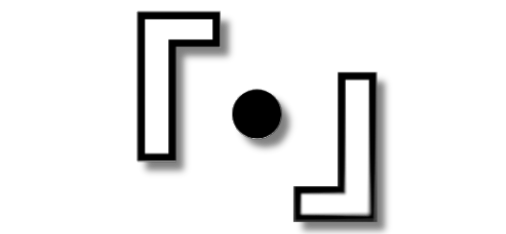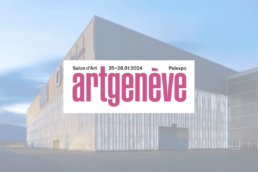After a dealer claimed that certain objects on view in an exhibition of Fabergé works were “tawdry fakes,” the State Hermitage Museum in Moscow will look into the history of those pieces.
Mikhail Piotrovsky, the Hermitage’s director, told the Art Newspaper, “Any exhibition at the Hermitage Museum is a research project. Technical analysis of the objects on display is part of the Hermitage’s Fabergé research programme. It is being carried out with the owners’ consent. The results of these studies and of panel discussions are to be published later.”
The exhibition in question features works from the collection of Alexander Ivanov, a collector who founded a museum devoted to his Fabergé holdings in Baden-Baden, Germany. Ivanov made headlines in 2014 for buying the Rothschild Egg—an ornate object made under the supervision of Peter Carl Fabergé—for $18.5 million in a Christie’s auction. Ivanov gave the egg to Russian Prime Minister Vladimir Putin, who later gifted the work to the Hermitage.
In January, the London-based dealer Andre Ruzhnikov penned an open letter to the Hermitage in which he claimed that the exhibition included more than 20 forgeries. “The Hermitage is the pride of Russia and belongs to the world’s cultural heritage,” he wrote. “Your ‘Fabergé’ exhibition is dragging it through the gutter.” Ruzhnikov claimed that certain of the objects’ histories included anachronisms and that the provenances were in some cases weak.
Piotrovsky’s comments on the Fabergé objects mark the first time he has addressed the allegations, which have generated attention among experts. Previously, he had declined to comment on the show, which closed on March 14.


